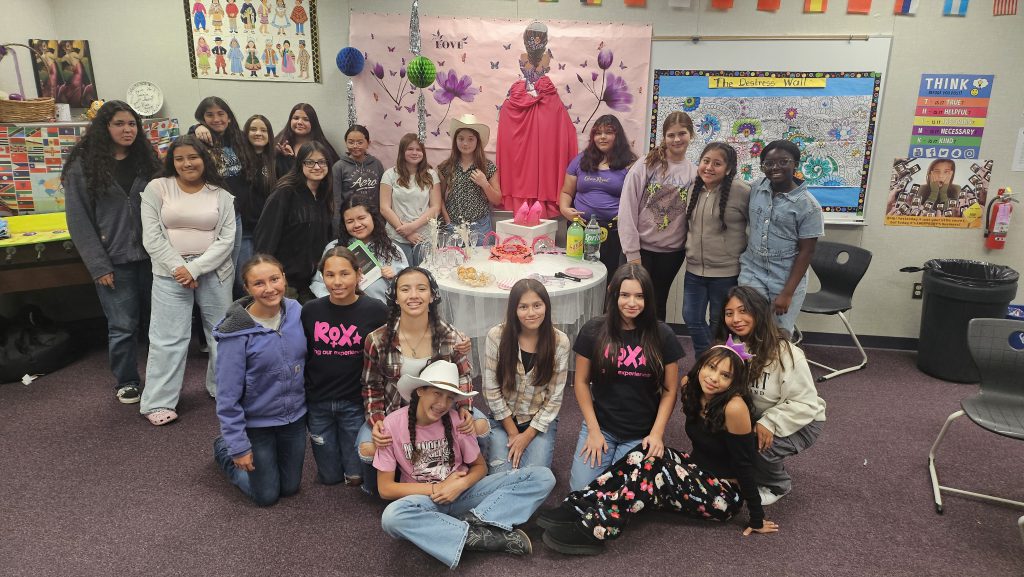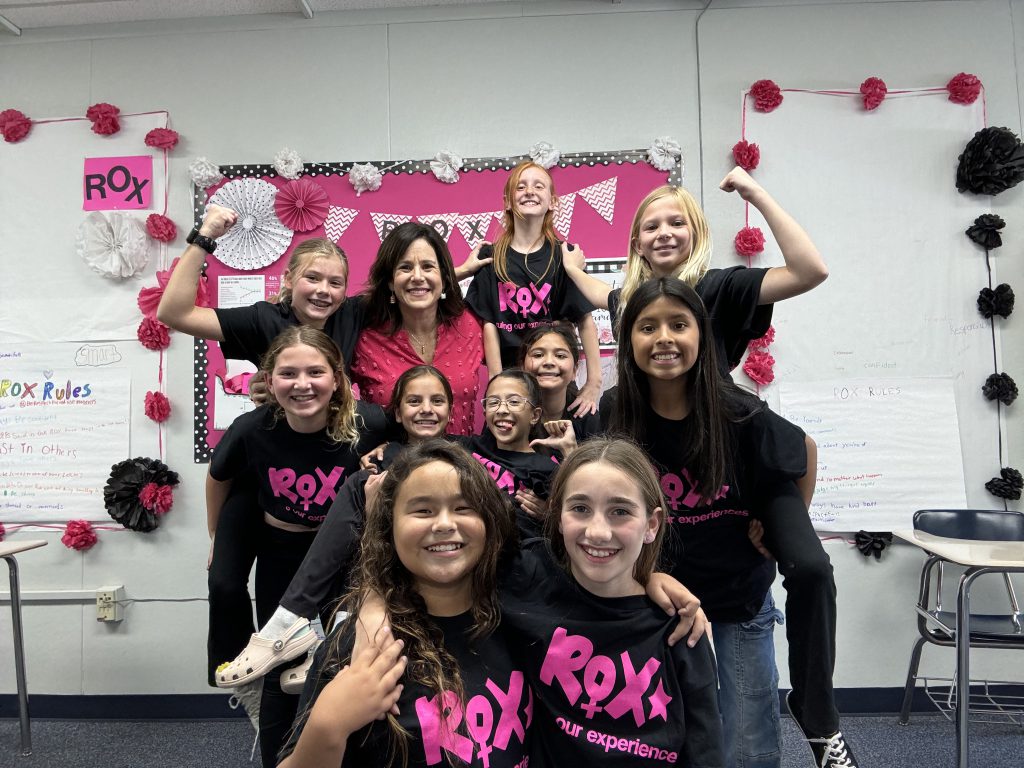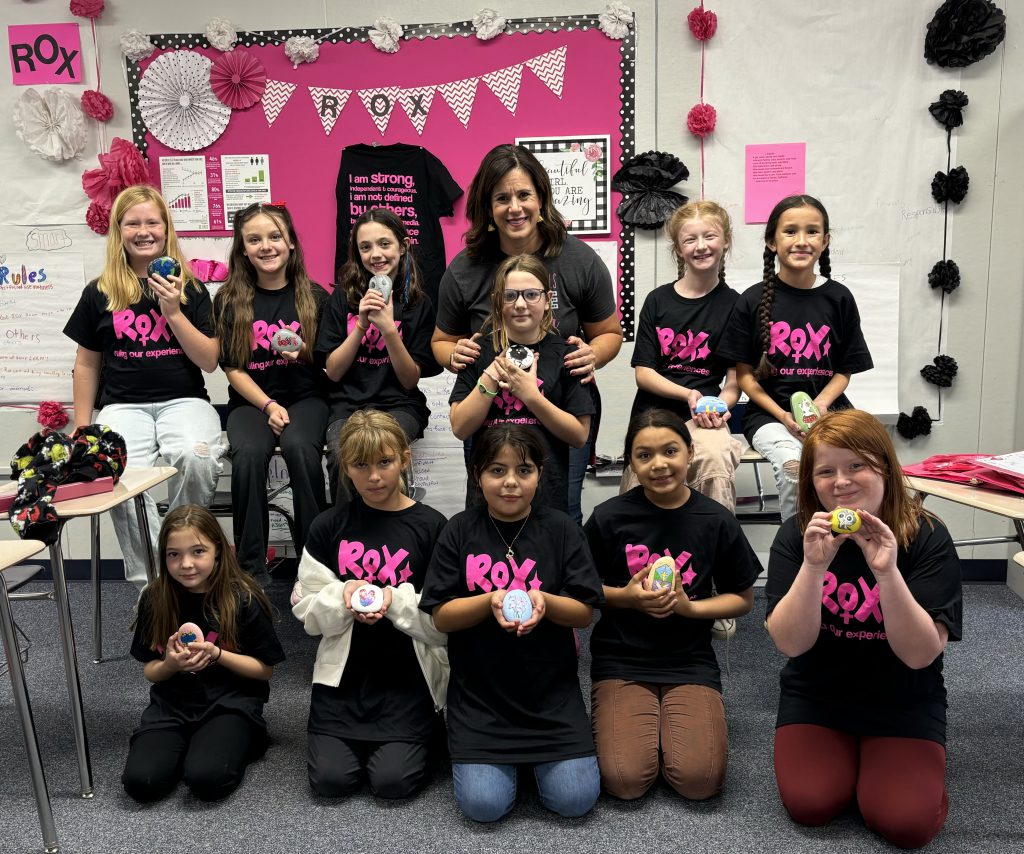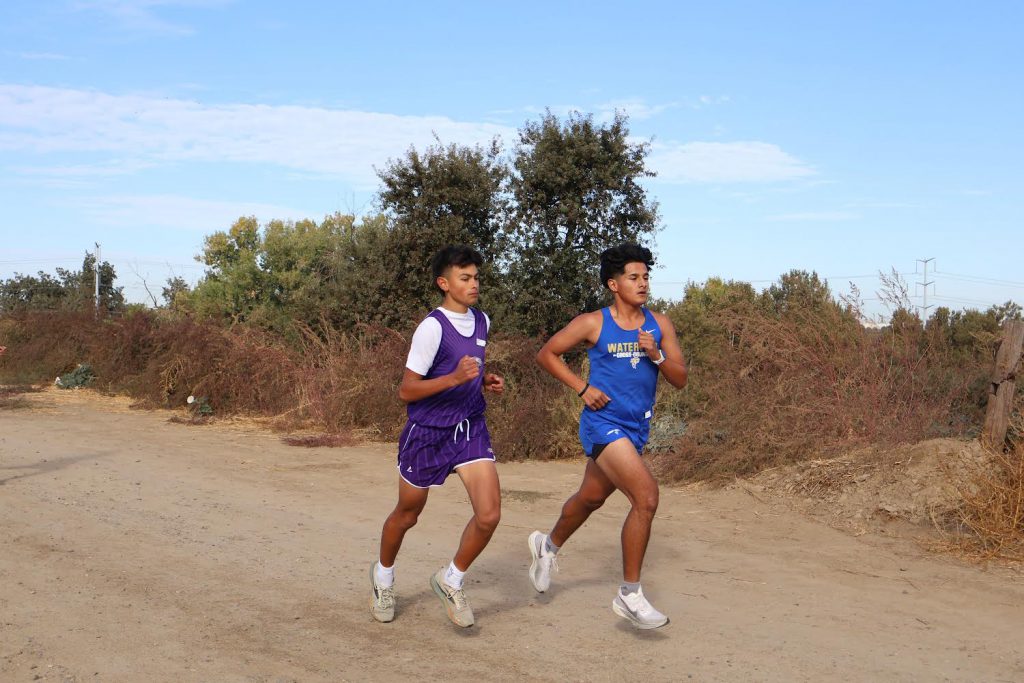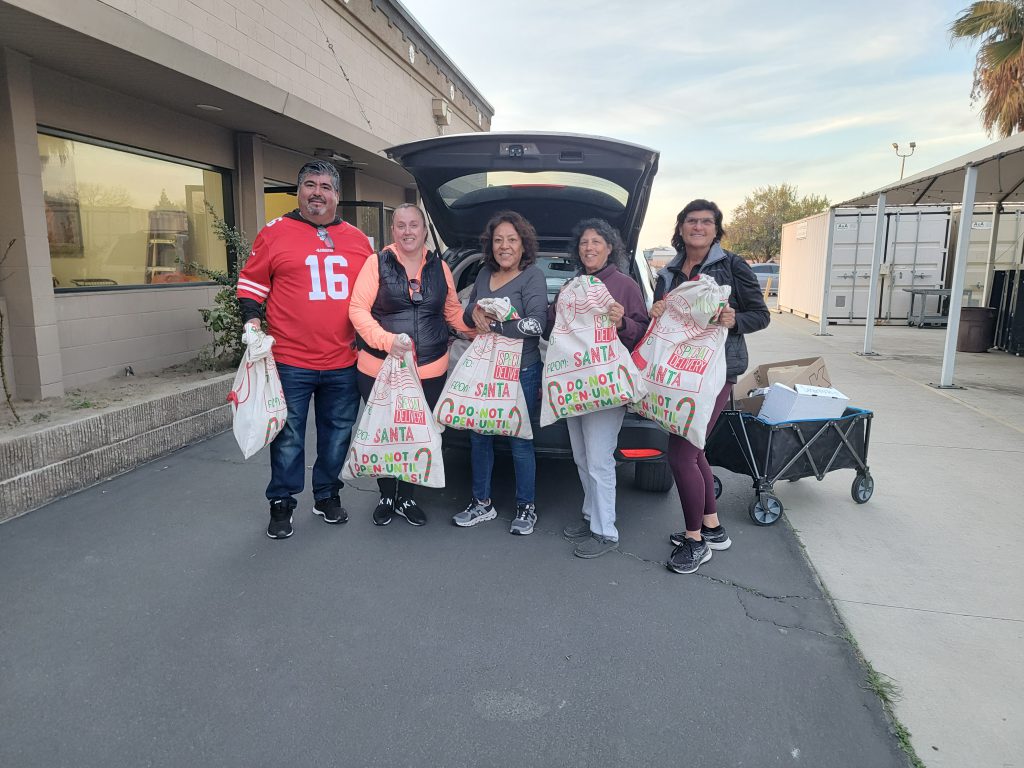
Once again this holiday season, current and retired Denair Unified employees as well as students are partnering with businesses and the Lions Club to make things a little brighter and happier for children and families in the community.
There are three programs to assist Denair residents.
The first is the hygiene basket program, which was launched in 2020 by members of the Denair Middle School staff as the COVID pandemic was affecting so many people. The idea was to put together baskets of products such as shampoo, toothbrushes and tooth paste, towels, soap, hand sanitizer, toilet paper and other every day necessities to complement food baskets already created the Lions Club.
Denair staff members funded the project the first year, but it has since grown to 100 baskets thanks to donations from nearly two dozen local businesses and organizations.
Families sign up to receive one of the baskets, which are distributed on the last day of class before winter break. This year, that will be Dec. 20 between noon and 2 p.m. at Denair Middle School’s parking lot. There still is time for families to register. Anyone interested should call DMS at (209) 632-2510, ext. 3211 or 3115.
“This program has not only benefited Denair families, but it has also provided an opportunity for high
school students to earn community service hours by helping with assembly and/or delivery of the baskets,” said Maria Olivas, a retired Denair teacher who helped create the hygiene basket program along with mental health clinician Lina Mateus and representatives from Sierra Vista Child & Family Services and the Center for Human Services.
The second program is the Lions Club food baskets, which began almost 30 years ago. The service club partners with local businesses to provide boxes of meals that include turkey or ham with all the side dishes, plus dessert. Students and school district employees helped raise money and organized food drives this year. Staff at the Denair campuses also identified families who would benefit from the program.
This year, 60 food baskets were distributed at Thanksgiving – 20 each to deserving Denair families, senior citizens and local military veterans – and another 60 will be delivered on Dec. 21.
“With the amount of support offered by DUSD this year, I feel there is an opportunity to expand the program next year so we can serve even more families,” said Billy Myers, who is the Lions Club secretary as well as a school board trustee.
Myers said families in need or anyone who knows one can reach out to him at (209) 620-2485 to get on the Lions distribution list.
The final program is Letters to Santa, which is coordinated by Elvia Brizuela, a bilingual secretary at Denair Middle School. About 50 Denair students from kindergarten through high school are privately identified by their teachers, counselors or other staff members as being a good match. Parents are contacted and asked if they would like to participate.
Volunteers at school then fill a bag for each child with clothing (pajamas, socks, a school logo sweater and toys). Distribution of the bags began Dec. 9. Some parents pick the items privately so they can take them home to wrap; others bring their children with them. Either way, the gratitude of the families is more than matched by the feeling of goodwill among the volunteers.
“I feel so blessed to be able to be the hands and feet of Jesus and see the children as well as the parents’ faces light up and even tears of joy,” Brizuela said.
